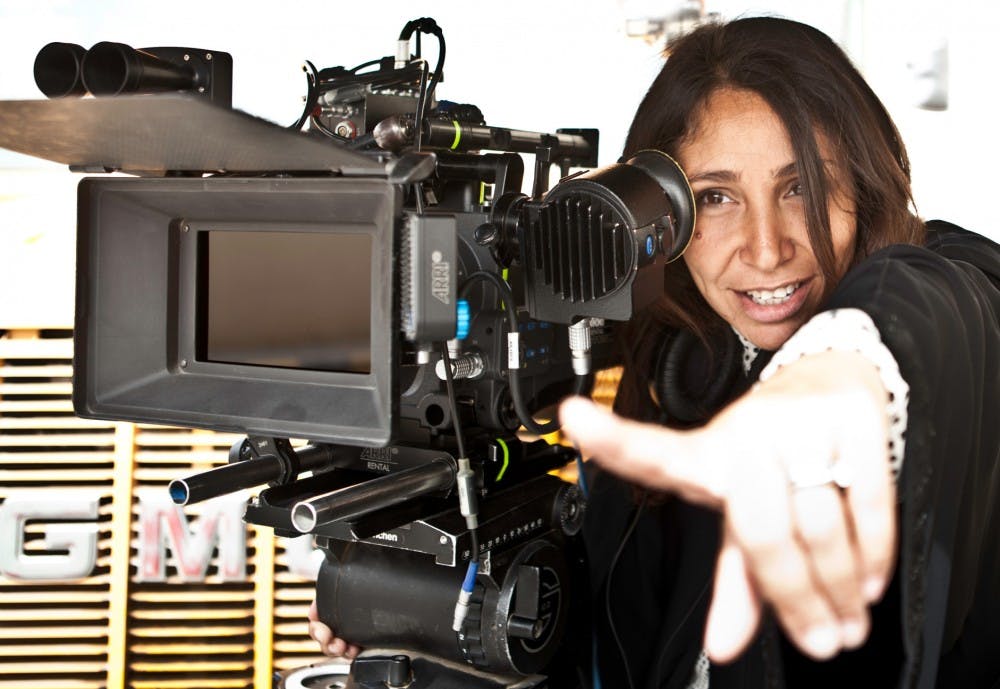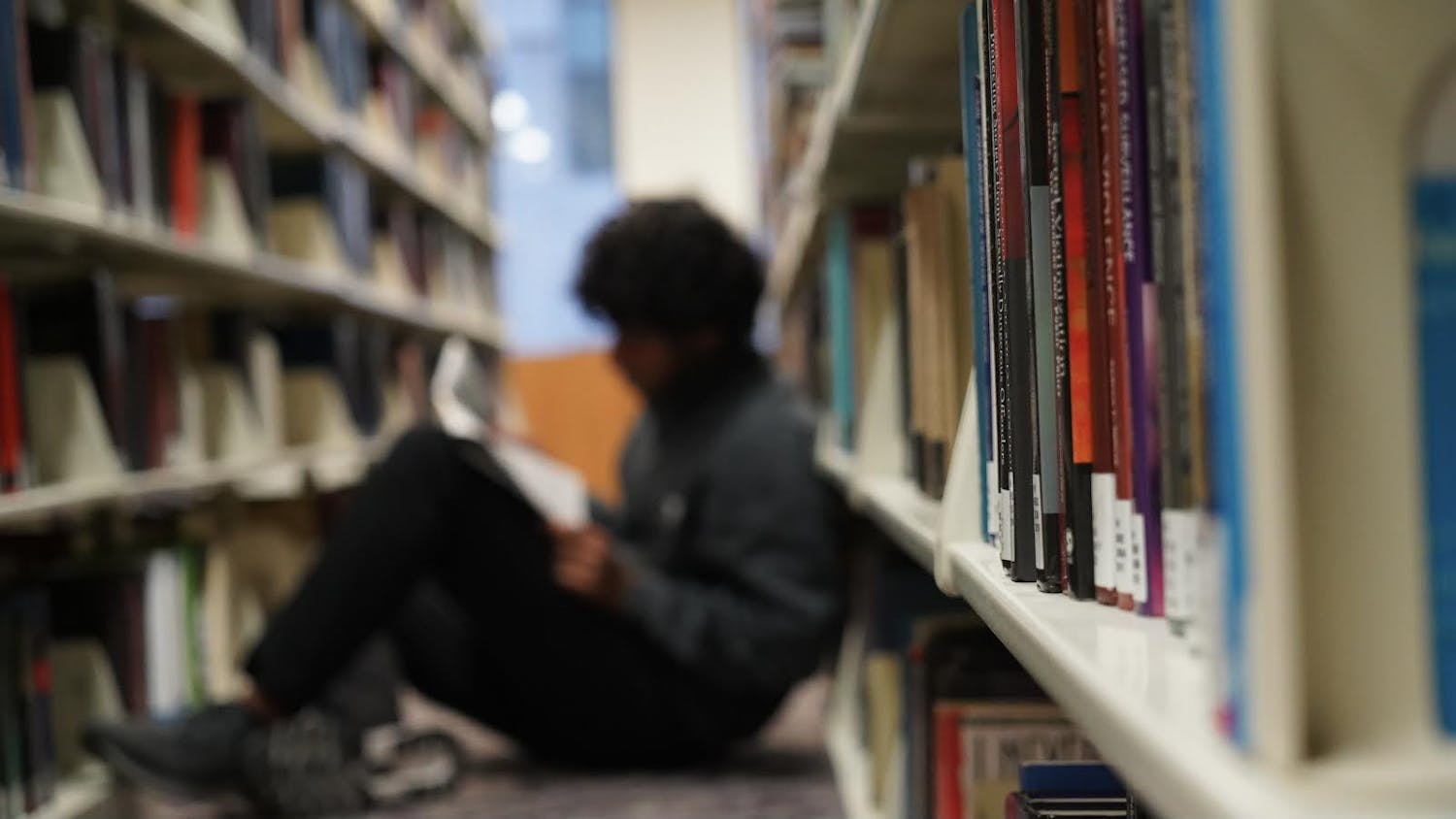Haifaa Al Mansour, writer and director of “Wadjda,” is Saudi Arabia’s first female filmmaker. With a bachelor’s degree in literature from the American University in Cairo and a master’s degree in directing and film studies from the University of Sydney, she dabbled in documentary and short filmmaking before arriving on the cinematic scene with her feature debut of “Wadjda,” a coming of age tale set in Riyadh.
Accruing awards from both the Venice Film Festival and Dubai International Film Festival, The Eagle’s Emily Woo sat down with Mansour to talk about the film.
Emily Woo: How did you first get into film? What sparked your interest in the field?
Haifaa Al Mansour: I just wanted to have a voice. I wanted to have a hobby. I grew up in a small town with a big family and there is just so little entertainment and the film was my main source of like watching the world and life. So I started working and that was a very tough time because I wasn’t moving ahead because of the culture. So I made a short and that got accepted into a film competition and after that I started making other films and it kind of took off from there. It wasn’t intentional, it just happened.
EW: It sounds like you came from a very non-conservative family in Saudi. Where would you be today without that background?
HAM: I would never be here if my father was a different person or if my mother was a different person. My mother always gave me the power that I shouldn’t be shy and that I should never give up and it was amazing just being in the presence of someone like her.
EW: What was your greatest struggle in becoming a filmmaker or even getting into the film industry coming from a culture that is not entirely supportive of individual thought, much less that coming from a woman?
HAM: Writing the film was difficult- to make a film that is meaningful to project the characters. And I know that coming from where I was that I would have to pass through censorship and all that. I come from an oral society that is all about poetry and reciting poetry and reciting and reciting and reciting with nothing written. And writing a script is all about structure. So it took a while, that was the most difficult aspect: to have an idea and put it together.
EW: So what inspired the concept for this film?
HAM: I wanted to make a film about my hometown, my school, my world, and I wanted to do something about empowering girls – acceleration. I was also very influenced by Iranian cinema, how they would take simple stories and layer them with bigger stories, bigger concepts about their society and where they come from.
EW: Wadjda features contradictory male characters, namely with Wadjda’s father and her best friend, Abdullah. What were your goals in portraying the male personas in this film?
HAM: I didn’t want to say that women are good and men are bad. It is much more complex than that. People may make decisions that are bad but they are not. It is the complexity of a very conservative society that men and women are trapped in that stand between a person and what they want.
EW: You said you wanted to make a film that empowers women. What do you hope to see from Saudi in the next 10-20 years regarding women’s issues?
HAM: Wadjda is still a girl who wants to be heard, and I wanted to tell a story that has universality so that people can relate and understand her struggle. I hope to see a Saudi minister. I hope to see more women holding more political positions as well. I hope to see women with more independence, but I think Saudi is opening up and it’s up to women to work harder in education and training, nothing will be given. If you want to achieve things, you have to work for them and that involves getting the skills and an education.
EW: What message did you feel was most important to portray through your film?
HAM: For me, it was the power of dreaming and not giving up. Places like Saudi and anywhere else, it’s very important to remain focused. There will be a lot of obstacles and a lot of things standing in your way and it’s very important to have goals and remain focused on them. I also think it’s very important that people laugh at the jokes because I wanted people to laugh and enjoy the film. That is more of my message than of course empowering women, but it comes from a theme of embracing life and becoming true to yourself.
EW: How do you hope people view Saudi after seeing this film?
HAM: I want to be a source of information – an accurate source of information without the filtering of economy or politics. That is what I was trying to do with the film, to bring life and have people find themselves. I wasn’t trying to be judgmental and say this is right and this is wrong, this is what we should do and this is how. I wasn’t even angry, I was just documenting life and offering a clearer lens so that you can find out how if feels to be in Saudi.
thescene@theeagleonline.com





